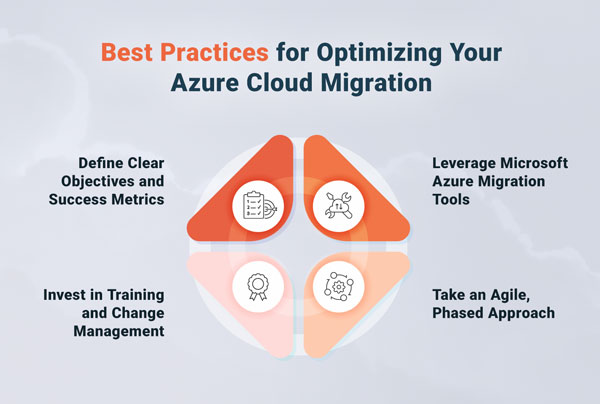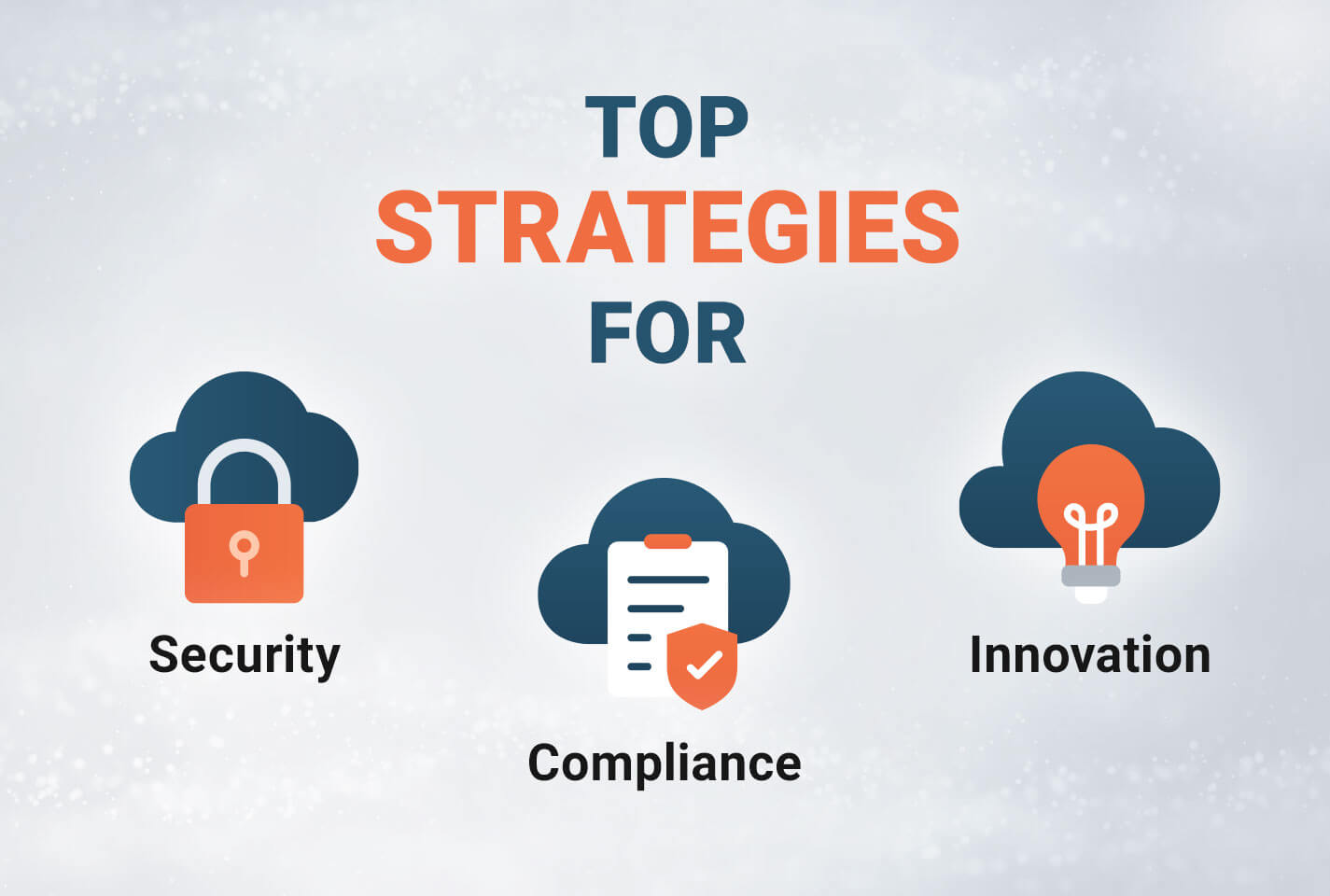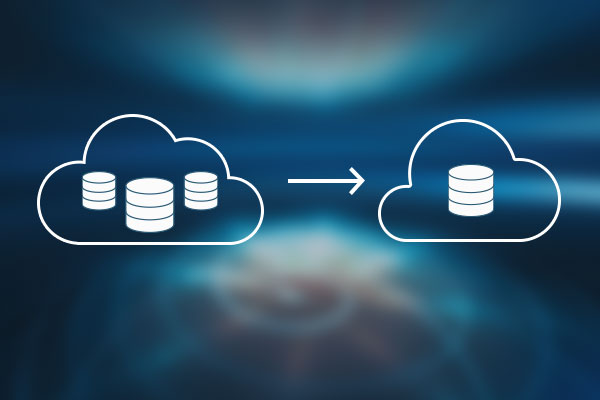Your data strategy is a framework for effectively managing and analyzing your data in the cloud. It helps identify the most appropriate services to meet your data needs and outlines best practices for using those services. However, developing a data strategy in Azure can be challenging.
Azure provides a range of data services, and it can be difficult to understand which services are best suited to your organization’s needs. Some of the core data services provided in Azure are:
- Azure SQL Database: a fully managed relational database service that provides scalable storage and high availability.
- Azure Cosmos DB: a fully managed NoSQL database service that provides scalable storage and high availability for global distribution.
- Azure Data Lake Storage: a scalable and secure data lake that provides storage for large amounts of data.
- Azure HDInsight: a fully managed cloud service that provides Hadoop, Spark, Hive and other big data technologies for processing and analyzing large amounts of data.
- Azure Stream Analytics: a real-time data stream processing service that enables customers to analyze and process streaming data from multiple sources.
- Azure Databricks: a collaborative, Apache Spark-based analytics platform that enables users to build, train and deploy machine learning models at scale.
- Azure Synapse Analytics: a fully integrated analytics service that brings together big data and data warehousing into a single service.
Azure also provides a range of other services such as Azure Data Factory for data integration, Azure Cognitive Services for AI capabilities, and Azure IoT for internet of things (IoT) scenarios. Understanding the capabilities and limitations of each service requires technical expertise and experience.
The data technology landscape is also rapidly evolving, so new services and features are frequently added to Azure. Keeping up with these changes and evaluating their impact on your business and data strategy requires an ongoing effort.
Even after you’ve identified the services and capabilities your strategy requires, you still have to manage the complexity of data governance and compliance requirements. It can be challenging to ensure your data strategy is compliant with regulations such as HIPAA, GDPR and others.
Finally, developing a data strategy requires a significant investment of time, money and resources. Not every organization has the necessary resources and expertise to develop a comprehensive data strategy.
The following elements of a data strategy will help you align data management with business objectives, improve data quality and security, and optimize data storage and processing:
- Define clear business objectives: A data strategy should be aligned with your organization’s business objectives. Defining clear business objectives can help to identify the data that needs to be collected, stored, and analyzed.
- Evaluate data requirements: Identify the data requirements necessary to achieve your business objectives. This includes understanding the types of data needed, data volume, velocity, variety, and veracity.
- Understand Azure data services: Azure provides a wide range of data services, and understanding the capabilities and limitations of each service is critical to making informed decisions about which services to use for data storage, processing, and analysis.
- Implement data governance: A data governance strategy should be developed to ensure that data is accurate, consistent, and secure. This includes defining data ownership, access, and security policies.
- Use data analytics to gain insights: Azure provides a range of data analytics services such as data visualization, reporting, and advanced analytics like machine learning. Use these services to gain insights and make data-driven decisions for your business.
- Monitor and optimize your data strategy: As data requirements change, it is important to monitor and optimize your data strategy. Use tools to monitor data usage, performance, and compliance to ensure the strategy continues to meet business objectives.
- Partner with experts: Partnering with experts who have experience in Azure can provide guidance and support for developing and implementing your data strategy. A partner can help to overcome technical and resource constraints and ensure that your strategy is aligned with best practices.
Developing and implementing a data strategy in Azure requires a combination of technical expertise, business acumen, and ongoing monitoring and optimization. The elements listed above contribute to a comprehensive data strategy that supports business objectives and helps organizations gain valuable insights from their data.
To learn more, watch our on-demand webinar, A Practical Guide to Delivering a Data Strategy in Azure.







